- The E-cigarette or Vaping Use-Associated Lung Injury (EVALI) Outbreak of 2019
- What are Synthetic Cannabinoids?
- Effects & Symptoms of Using Fake THC Carts
- How to Avoid Fake THC Carts
- Red Flags of Fake Vape Carts
- Known Fake THC Vapes/Cartridges Brands
- Frequently Asked Questions
Fake THC vapes and cartridges have been a growing problem in the legal cannabis industry since their emergence in late 2018. These products contain little to no tetrahydrocannabinol (THC), the primary psychoactive ingredient in marijuana, but instead are filled with dangerous chemicals like vitamin E acetate and solvent residue that can have serious health risks.
Fake THC cartridges are designed to look identical to their legitimate counterparts and are often packaged similarly—making them particularly difficult to detect among newer consumers.
The E-cigarette or Vaping Use-Associated Lung Injury (EVALI) Outbreak of 2019
In the fall of 2019, an outbreak of EVALI was reported in the United States. The Centers for Disease Control and Prevention (CDC) identified more than 2,000 cases of EVALI across the country, with 39 deaths attributed to the condition. It was determined that it was caused by vitamin E acetate, an additive found in poorly regulated THC vaping products.
EVALI, now more popularly known as Vaping-Associated Pulmonary injury (VAPI), had a major impact on public health, as it raised awareness about the potential harms of using poorly formulated vaping products. The outbreak also highlighted the need for better regulation of these products and increased research into their long-term health effects.
FDA Rules
As a result of the VAPI outbreak, the US Food and Drug Administration (FDA) placed permanent new rules around manufacturing standards and sales of consumable vaping products within the United States.
Today, fake THC cartridges typically come from overseas sources and often contain synthetic cannabinoids such as K2 or Spice. These low-cost, unregulated products can be extremely dangerous, containing up to 20 times the recommended dosage of THC or higher concentrations of chemicals potentially harmful to human health.
Cannabis consumers need to be aware of fake THC cartridges and their potential dangers to protect themselves from the risks associated with their use.
What are Synthetic Cannabinoids?
Synthetic cannabinoids are artificial chemicals designed to mimic the active compounds found in cannabis plants. These chemicals are sprayed on dried herbs, which can be smoked or vaporized to produce psychoactive effects. Although they have some of the same effects as marijuana, synthetic cannabinoids can cause much more potent and unpredictable reactions than their natural contemporaries.
Artificial cannabinoids are prevalent among consumers who create their own THC formulations for vaping, using natural aromatic plant compounds known as terpenes as flavoring agents. These individuals—commonly known as DIYers—make a practice of mixing natural and synthetic cannabinoids along with the best terps for vape cartridges to create their own supply of cannabis for on-the-go consumption.
Black Mamba: A Dangerous Synthetic Cannabinoid
One particularly notorious example of synthetic cannabinoids is Black Mamba, a compound initially created to study the endocannabinoid system (ECS) that has since become widely used as a recreational drug due to its intense psychoactivity.
Black Mamba produces a significantly stronger and longer-lasting high than THC in marijuana, with some users reporting hallucinations, disorientation, and anxiety. In addition, it's been linked to several serious health risks, including seizures, comas, heart palpitations, and death. For these reasons, Black Mamba is illegal in many countries worldwide.
Other Dangerous Synthetic Cannabinoids
Other examples of synthetic cannabinoids include:
- Bombay Blue
- Spice
- Genie
- Zohai
Each type of artificial cannabinoid can affect people differently, and there's no way to anticipate its effects. Because they're illegal in most countries and their production is unregulated, it's tough to know what substances are actually in a batch without direct input from the product manufacturer.
It's worth noting that there's yet to be any concrete data on the effects of synthetic cannabinoids with long-term use. Because of the risks associated with these chemicals, it's important to be aware of their potential to cause side effects and addiction.
Effects & Symptoms of Using Fake THC Carts
People who vape counterfeit THC cartridges are at risk of exposure to dangerous chemicals like heavy metals and toxins that may not appear on their labels. In addition, because of the lack of production standards and regulations around these fake vape carts, they're also likely to contain higher than average levels of residual solvents used in extraction or refinement processes—many of which can cause symptoms like dizziness, headaches, nausea, or even seizures in extreme cases.
Consumers who may or may not have unknowingly used a fake THC cartridge commonly report increased susceptibility to lung inflammation, asthma-like episodes, and generally impaired respiratory function for several months after the fact.
Be Aware of the Signs of VAPI
You should consult your physician immediately if you experience any symptoms of VAPI.
How to Avoid Fake THC Carts
Given the short- and long-term health risks they present, steering clear of counterfeit THC cartridges and other unregulated products (e.g., fake vape carts in general) is well worth some due diligence on the part of cannabis consumers. Some of the best strategies for avoiding these cartridges include:
- Researching the vape cartridge manufacturer by making sure they enjoy a consensus of positive product reviews on and off their company website.
- Checking the product packaging for adherence to local laws and regulations around labeling (e.g., ingredients panels, batch numbers, and info).
- Buying only from a licensed dispensary in the legal market and only buying vape carts from well-known cannabis brands—avoid the black market!
- Checking for a certificate of analysis (COA) verifying the formulation and potency of the product from an independent laboratory or other third-party testing facilities. This data should be included with the product at purchase, either in the form of an online lab report (accessible via QR code) or a physical copy within the packaging.
- Treating unnatural ingredients as red flags, including artificial colors, flavors, and other additives that have no place on the ingredient panels of quality THC cartridges.
- Thoroughly inspecting individual vape carts for signs of tampering or manufacturing defects before use, comparing with other cartridges in the batch as needed.
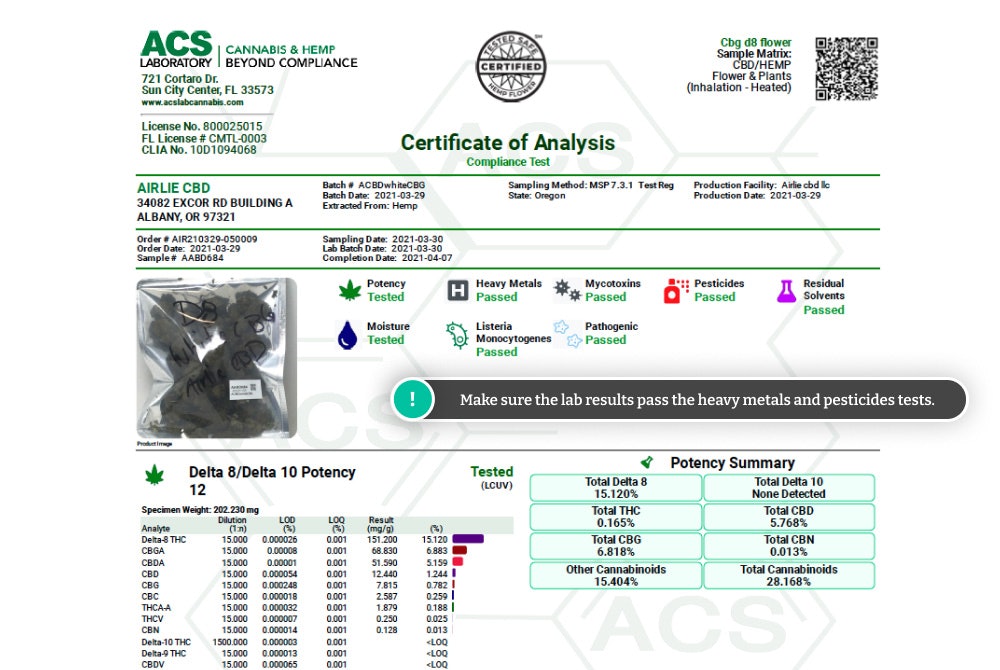
Given an appropriate degree of caution and diligence within the weed market, there's no reason the average cannabis devotee can't enjoy vaping THC cartridges without the risk of experiencing VAPI.
As the legal cannabis industry continues to grow and evolve, it's likely that increasing levels of federal regulation—along with an educated consumer base—will completely stamp out unregulated products with time.
Some Fake Products Make Their Way Into Stores
Unfortunately, buying a fake product from your local dispensary is possible. Licensed dispensaries may make the mistake of stocking counterfeit cannabis products, so it's crucial that you inspect the packaging yourself.
Red Flags of Fake Vape Carts
- Lack of publicly available (and easily accessible) lab results: Official THC products from high-quality brands will undergo rigorous testing, and the results should be made available online for you to view.
- Lack of screening for heavy metals and pesticides: When looking at test results, ensure the vape carts have been screened for pesticides and heavy metals. Fake cartridges will often leave this information out and should be avoided.
- Harmful contaminants: If the vape cartridge contains vitamin E acetate, polyethylene glycol, vegetable glycerin, or propylene glycol, they should be avoided as they are incredibly harmful to your health. While these ingredients are FDA-approved for cutting agents, they shouldn't be inhaled.
- Cheap pricing: If the vape cartridges you're thinking of buying are incredibly cheap, then you should do a bit more research. THC vape carts aren't exactly cheap. You'll pay around $50-$80 for a whole gram.
- Burnt flavor: Upon inhaling THC vape carts, you should stop using them immediately if you taste a burnt flavor or a metal aftertaste. This flavor is a sign of contaminants and is present in fake carts.
Known Fake THC Vapes/Cartridges Brands
According to Open Vape Shop, these are some known fake brands and vendors of fake cartridges:
- Bart Carts
- Supreme Vape Cartridges
- Organic Smart Carts
- Chronic Carts
- Dabwoods
- Supreme G Carts
- Exotic Carts
- Dank Vapes
- Mario Carts
- Space Vape Cartridges
- Chronopoly
- Buddah Bear Carts
- Glo Extracts
- Cali Carts
- Muha Meds
- Off White
- Lion's Breath
- Cereal Carts
- KRT Yang
- Springfield Farms
- Cartnite
- Choices
- Legion of Bloom
- TKO Extracts
- Big Chief Extracts
- West Coast Cartridges
- Runtz
Note that this is not an exhaustive list and that fake copycats regularly pop up in the market.

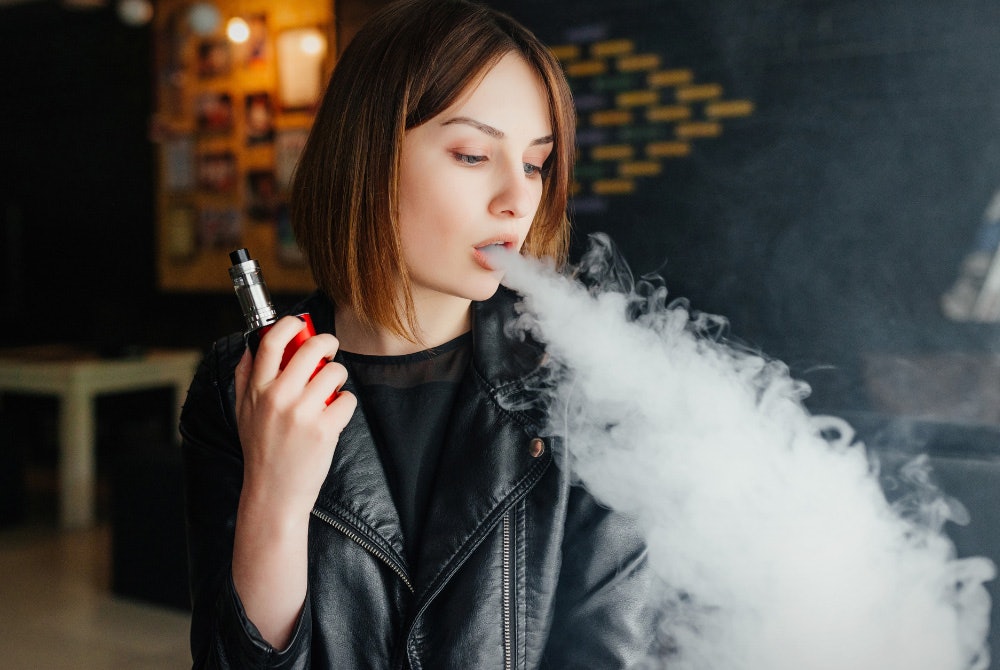
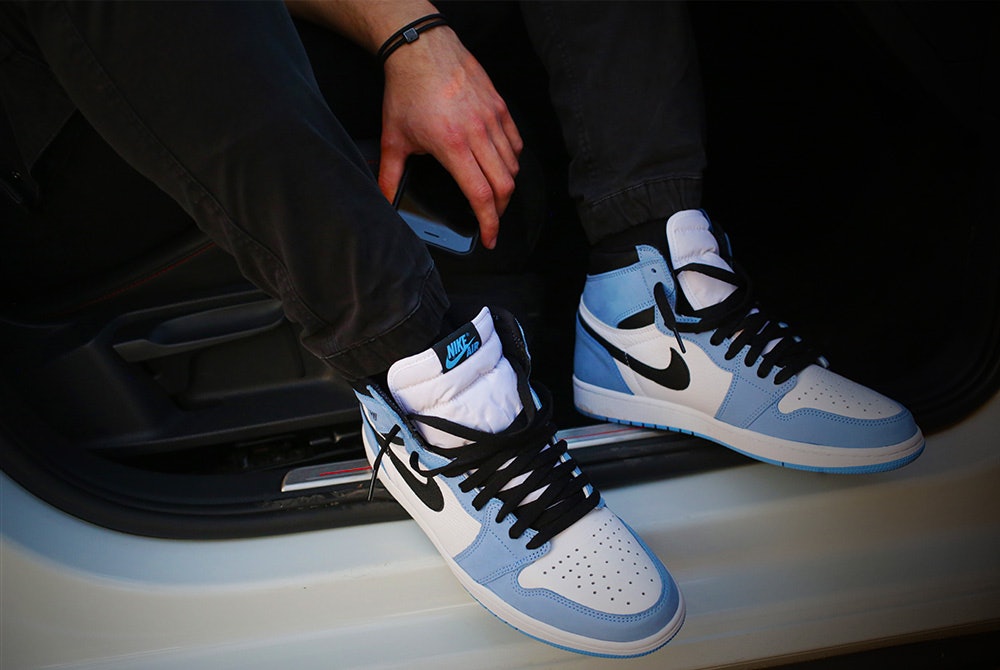

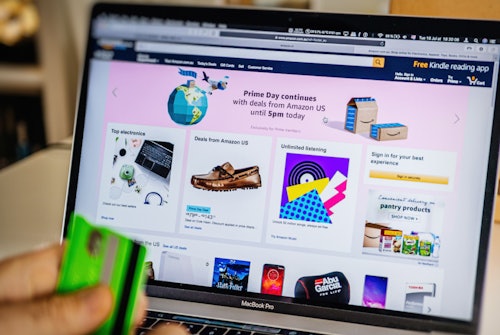





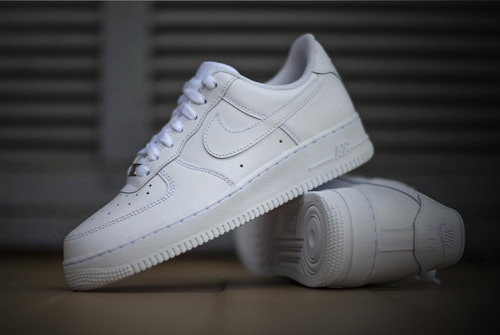
Comments